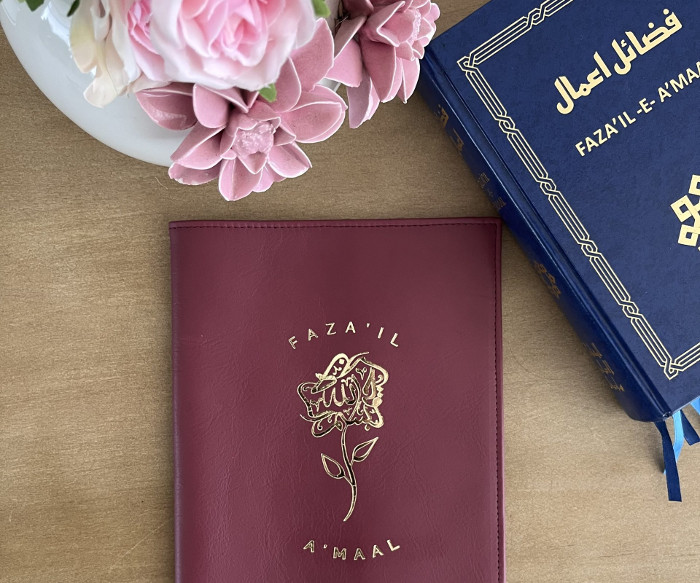
The Migration of the Muslims to Abyssinia - P2
When the Quraish did not succeed in convincing the King of Abyssinia to send the Sahaabah (radhiyallahu ‘anhum) with them to Makkah Mukarramah, they were further frustrated, and Hazrat Umar’s (radhiyallahu ‘anhu) conversion to Islam made them even more furious.
The Quraish, at all times, continued to try and prevent people from meeting the Muslims so that people will not embrace Islam, and in this way, the light of Islam will be extinguished. Hence, a large number of the leaders of Makkah held a meeting among themselves in which they decided to openly assassinate Rasulullah (sallallahu ‘alaihi wasallam).
However, this was not so easy, because the Banu Haashim clan, the family of Rasulullah (sallallahu ‘alaihi wasallam), were strong in number and still strong in position. Although all of them were not Muslims, yet even the non-Muslims among them would not agree to nor tolerate the murder of Rasulullah (sallallahu ‘alaihi wasallam).
Therefore, the Quraish decided to completely boycott the Banu Haashim clan and the Banu Muttalib clan (who were also the family of Rasulullah [sallallahu ‘alaihi wasalam] and who were also supporting him).
The chiefs of the Quraish entered into a pact that no person would be allowed to sit with them, buy from them or sell to them or speak to them. No person would be allowed to go to their homes or allow them into their own homes. This boycott would continue until they handed Muhammad (sallallahu ‘alaihi wasallam) for the death penalty.
This pact was not merely verbal, rather on the 1st Muharram of the 7th year after nubuwwah, the pact was written on a scroll and hung up inside the Ka’bah so that every person would respect it and try to abide by it.
Thereafter, on account of this pact, for three long years, Rasulullah (sallallahu ‘alaihi wasallam), the Banu Haashim and Banu Muttalib all remained confined and restricted in a valley between two mountains. Nobody could meet them, nor could they meet anyone. They could not purchase anything in Makkah nor from any trader coming from outside. If any person came out from the valley, he was beaten, and if he asked for anything, it was bluntly refused.
Soon their food supply depleted and they began experiencing hunger for days on end. Their women and children would cry with hunger, and this was harder on them than their own starvation.
Eventually, after three years had elapsed, by the grace of Allah, the scroll was eaten up by white ants and the boycott ended. The severe difficulties which they suffered during the three years of the boycott were such that they cannot be imagined. Yet, despite that, the Sahaabah (radhiyallahu ‘anhum) not only remained steadfast upon their deen, but kept busy in spreading the light of Islam among themselves.
Look! How much the Sahaabah (radhiyallahu ‘anhum) have suffered in the path of Allah for the cause of Islam. Today, we take their names and claim to follow in their footsteps, and we dream of making the same progress which they made, but little do we ponder over the great amount of sacrifice which they made for deen, compared to how little we are sacrificing for our deen of Islam.
Success is always proportionate to the sacrifice. We wish to live in luxury and comfort, and compete with the non-Muslims in enjoying the good things of this world, forgetting the Aakhirah, and then, at the same time, we expect to receive the same help from Allah Ta‘ala which the Sahaabah (radhiyallahu ‘anhum) received! How is this possible (really, we cannot expect to acquire this while leading the lives that we are presently leading)!
The situation is as the poet has explained, “O traveler, I am afraid that you will not reach the Ka’bah, because the road that you are following leads (in the opposite direction) to Turkey.”
(Fazaa’il-e-A’maal [English] pg. 35-35, [Urdu] pg. 25-27)
 Ihyaaud Deen An Effort to Revive Deen in Totality
Ihyaaud Deen An Effort to Revive Deen in Totality



